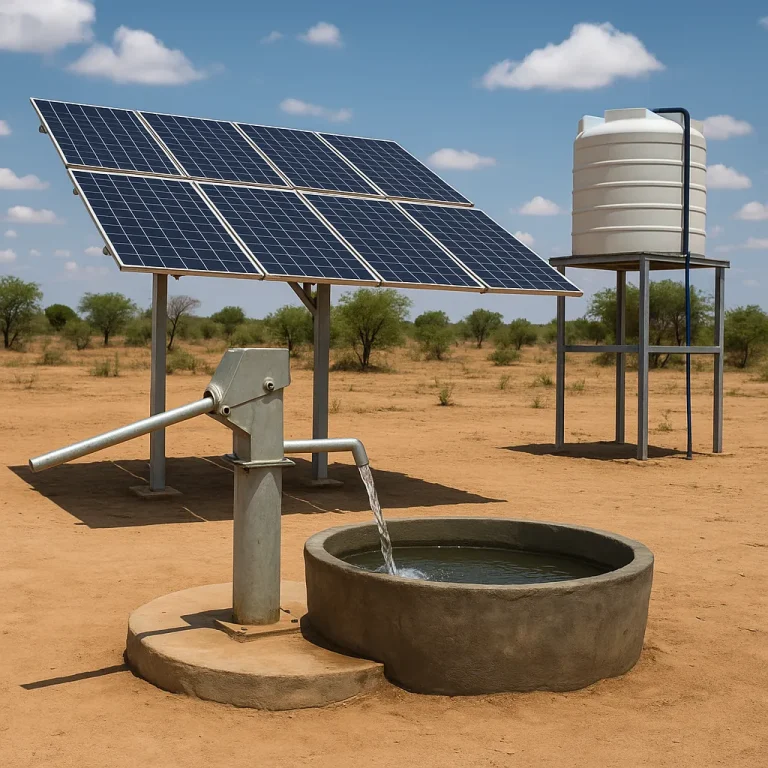The Ministry of Livestock Development has signed a Memorandum of Understanding (MoU) with the Rural Electrification Agency (REA) to deploy solar-powered grids across grazing reserves nationwide. The agreement was sealed on Friday in Abuja.
Minister of Livestock, Idi Maiha, described the partnership as a milestone in government efforts to revitalise the livestock sector under President Bola Tinubu’s Renewed Hope Agenda.
“We are not just signing a document; we are ushering in a new era of sustainable development. For too long, the immense potential of Nigeria’s 417 grazing reserves has been hindered by lack of infrastructure. By providing solar-powered grids to rehabilitated reserves, we are laying the foundation for a more secure, productive, and peaceful future,” he said.
Maiha explained that the initiative would deliver multiple benefits, including clean energy for irrigation, improved year-round access to fodder and water, enhanced education and healthcare, strengthened security, and job creation.
Permanent Secretary of the ministry, Dr. Chinyere Akujobi, stressed that reliable electricity was central to livestock development.
“All our planned interventions across the livestock value chain require power supply. None of the infrastructure we are putting in place, like the Renewed Hope Villages and rehabilitated grazing reserves, can function effectively without energy,” she said.
REA Managing Director, Abba Aliyu, described the collaboration as “a marriage of convenience,” noting that the agency’s mandate is to provide electricity to unserved and underserved communities.
“Partnering with the livestock ministry allows us to deploy solar infrastructure to grazing reserves with schools, clinics, abattoirs, and markets. This will catalyse livestock development, stimulate rural economies, and create jobs in line with the Renewed Hope Agenda,” he said.
Aliyu disclosed that the pilot phase will kick off in Wawa-Zange (Gombe State), Wase (Plateau), Gongoshin (Adamawa), and Kawu (Bwari Area Council, FCT) before expanding nationwide.
He added that the initiative demonstrates the federal government’s commitment to addressing resource-based conflicts, improving rural infrastructure, and strengthening food security through sustainable livestock development.


